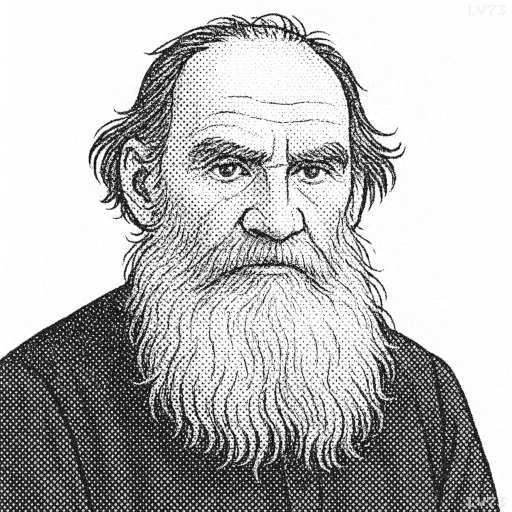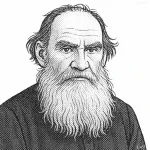“In all history there is no war which was not hatched by the governments, the governments alone, independent of the interests of the people, to whom war is always pernicious even when successful.”

- September 9, 1828 – November 20, 1910
- Born in Russia
- Writer, philosopher
table of contents
Quote
“In all history there is no war which was not hatched by the governments, the governments alone, independent of the interests of the people, to whom war is always pernicious even when successful.”
Explanation
In this quote, Leo Tolstoy argues that governments are the primary instigators of war, often pursuing conflicts that are not in the best interest of the general population. He suggests that war is driven by the political agendas and ambitions of those in power, rather than by the needs or desires of the people who often suffer the consequences. Tolstoy emphasizes that, even when a nation is victorious in war, it does not benefit the people in the long term. Instead, war is inherently destructive to human life, society, and morality. He points to the self-interest of governments as the driving force behind the outbreak of war, while the people, who bear the true cost, are often forced to endure the violence and hardship of conflicts that do not serve their welfare.
This perspective is particularly relevant in modern times, where wars are still often justified by political leaders as a means of achieving national goals, while the costs are disproportionately borne by civilians, whether in terms of lives lost, displacement, or economic destruction. Tolstoy’s point underscores the disconnect between the ruling class and the common people, where the former’s decisions are driven by power and control, while the latter faces the suffering and destruction that follows. The idea that war is pernicious to all is especially poignant in the context of modern conflicts, where the human cost of war is often not fully acknowledged or addressed by those who initiate it.
Tolstoy’s own pacifism and rejection of state-sanctioned violence were central to his philosophy. In his later years, he became a vocal critic of militarism, imperialism, and the moral justifications often used by governments to wage war. His writings, including The Kingdom of God Is Within You, advocate for nonviolent resistance and the belief that true peace comes not from military victory, but from moral integrity and human compassion. This quote highlights the dehumanizing nature of war and serves as a reminder that governments, rather than the people, often bear the responsibility for instigating the conflicts that cause widespread suffering.
Would you like to share your impressions or related stories about this quote in the comments section?



